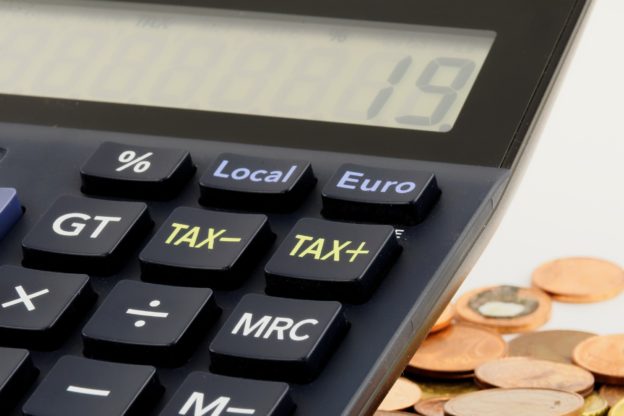On December 29, 2021, the Ordinance 2021-1843 concerning the legislative part of the code of taxes on goods and services was published in the Official Journal. The implementing decrees will be published in the coming months.
The ordinance follows the observation that the fragmentation of customs and tax provisions between the national customs code (i.e. for energy products) and the general tax code (i.e. for alcohol & tobacco) greatly hinders the readability of the tax system and makes it difficult for taxpayers to access.
Thus, the code of taxes on goods and services tends to be more broadly articulated with the general tax code, the book of tax procedures and the customs code.
This new code includes :
- energy (e.g. petroleum products, natural gas, electricity, etc.), alcohol and tobacco
- taxes on transport, whether on road vehicles, highways, air transport, pleasure boats or maritime transport; and
- specific taxes on national industrial production (e.g., tax for the development of the watchmaking, jewelry and leather industries).
It is organized by economic sector in order to identify all the taxes concerned.
This code transposes the provisions of European Directive (EU) 2020/1151 of July 29, 2020 on the harmonization of the structures of excise duties on alcohol and alcoholic beverages, as well as those of Directive (EU) 2019/2235 of July 16, 2019 on the common system of value added tax and Directive (EU) 2020/262 of December 19, 2019 establishing the general arrangements for excise duty, which will enter into force on January 1, 2023.
In a second phase, and in accordance with the provisions of I and II of article 184 of the 2020 Finance Act, the Directorate General of Public Finances (DGFIP) will be responsible for the collection of these taxes, which were initially collected by the Directorate General of Customs and Indirect Rights.
The following are concerned by this transfer of competence
- as of January 1, 2022: the three domestic consumption taxes on electricity, natural gas and coal and ;
- as of January 1, 2024 :
- the two domestic consumption taxes on energy products, the incentive tax on the use of renewable energy in transport ;
- excise duties on alcoholic beverages,
- the so-called “premix” tax on mixtures of alcoholic and non-alcoholic beverages and certain sweetened alcoholic products;
- duties on tobacco products.
In this context, industrial end-users can already download the new certificate allowing them to receive electricity according to whether it is for exempt, exempt or reduced rate use (cerfa 2040-tic-att-e).
Finally, although the ordinance provides for the unification of the rules of litigation procedures by assigning systematic jurisdiction to the administrative judge, the customs administration would remain competent for the control of alcohol and tobacco, which would then be the responsibility of the judicial judge. One may question the validity of this last particularity.
The Customs and International Trade teams of DS Avocats are at your disposal to provide you with any additional information.
CONTACT US

